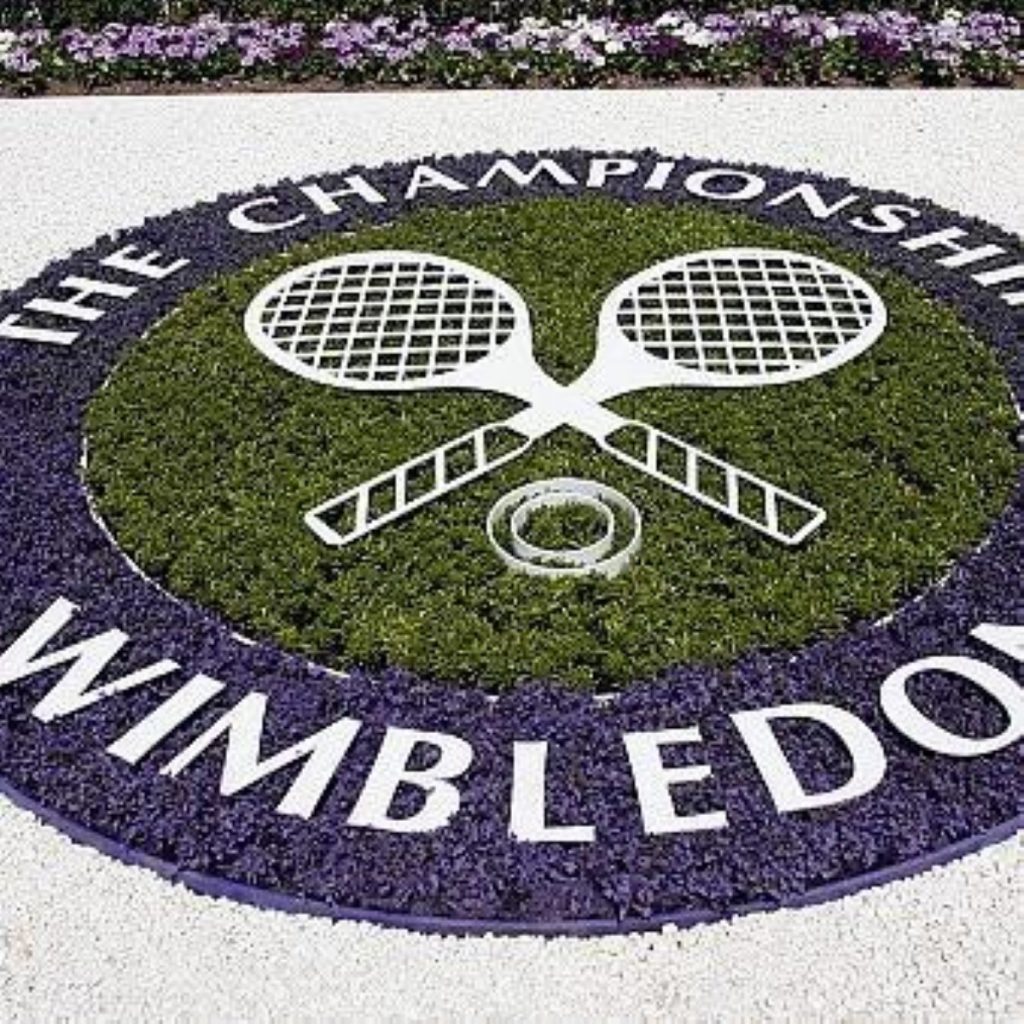Civil servants wined and dined by failed banks
By Laura Miller
Dozens of senior civil servants enjoyed free lunches, days at sporting events and evenings out paid for by top companies, including failed banks bailed out by the taxpayer, it has been revealed for the first time.
Sir Gus O’Donnell, head of the civil service, and chief of defence staff Sir Jock Stirrup were among seven top Whitehall officials who watched the Wimbledon Championships at no personal cost, according to a 2007 list detailing servants’ perks.
A Cabinet Office spokesperson defended the complementary entertainment as “in line with guidelines set out in the Civil Service Code and Civil Service Management Code”.


The decision to publish the hospitality list was part of the government’s “continued commitment to openness and transparency,” he said.
The list confirms Sir Gus also attended the Chelsea Flower Show, paid for by accountancy firm KPMG, and an England football match at the expense of the FA. His Wimbledon tab was picked up by the All England Lawn Tennis Club.
Tennis was a clear favourite amongst mandarins. Business department permanent secretary Sir Brian Bender, who was wined and dined 47 times by some of Britain’s biggest companies during the period, also went to Wimbledon. His other free days out included the Derby and the Chelsea Flower Show.
Some of the more controversial entertainers are failed banks HBOS and Royal Bank of Scotland, who managed to pay for key Whitehall figures while the government got ready to use billions of taxpayers’ money to bail them out.
RBS picked up the bill for lunch with Gordon Brown’s top foreign policy adviser, Sir Nigel Sheinwald – now ambassador to the US – last January. More lunches followed; in February with Home Office permanent secretary David Normington, and in May with Foreign Office mandarin Sir Peter Ricketts.
The most generous, and regular, entertainers included oil goliaths Shell and BP, financial services firm KPMG, and some of the largest global banks such Morgan Stanley, Goldman Sachs and Deutsche. Newspapers and the BBC were also keen hosts according to the 90-page list.









